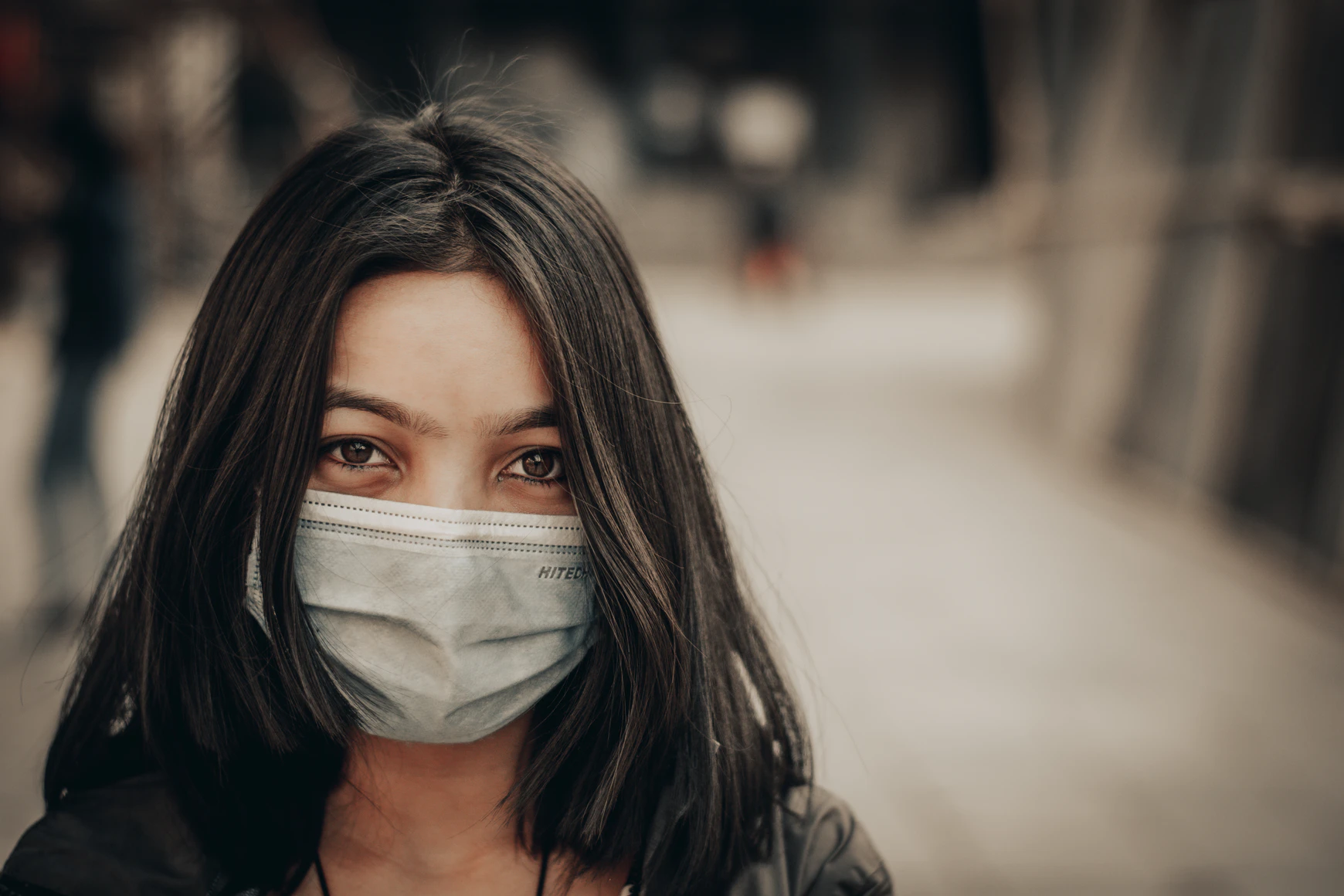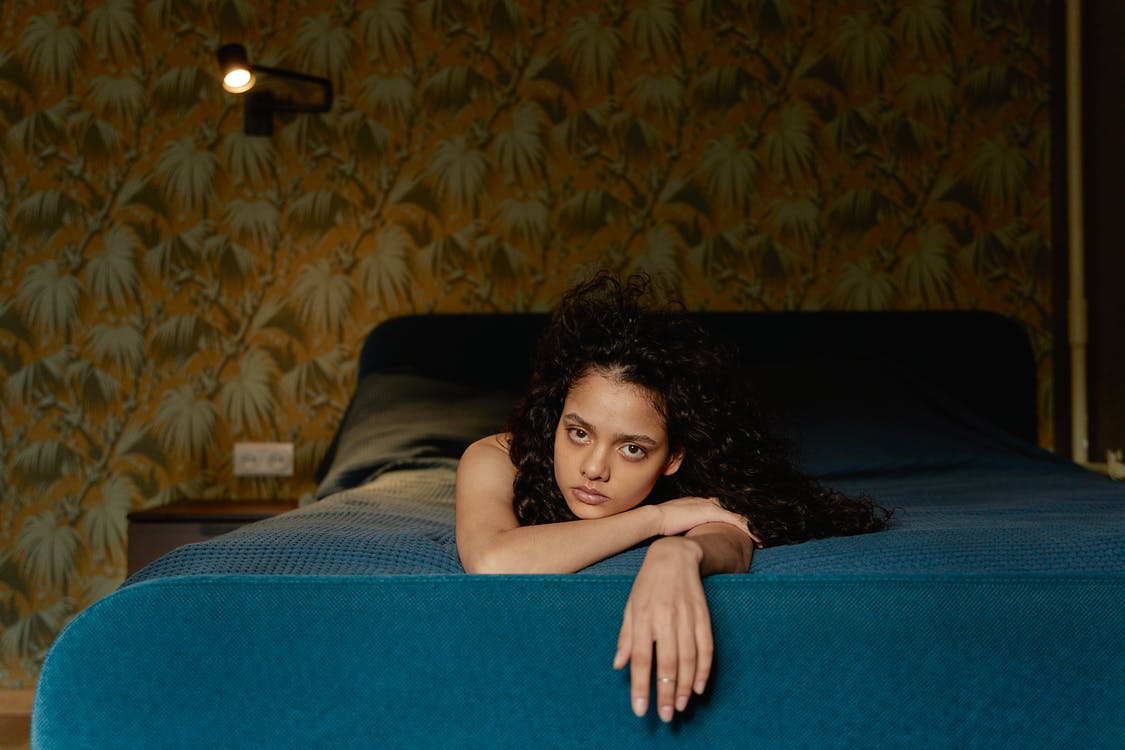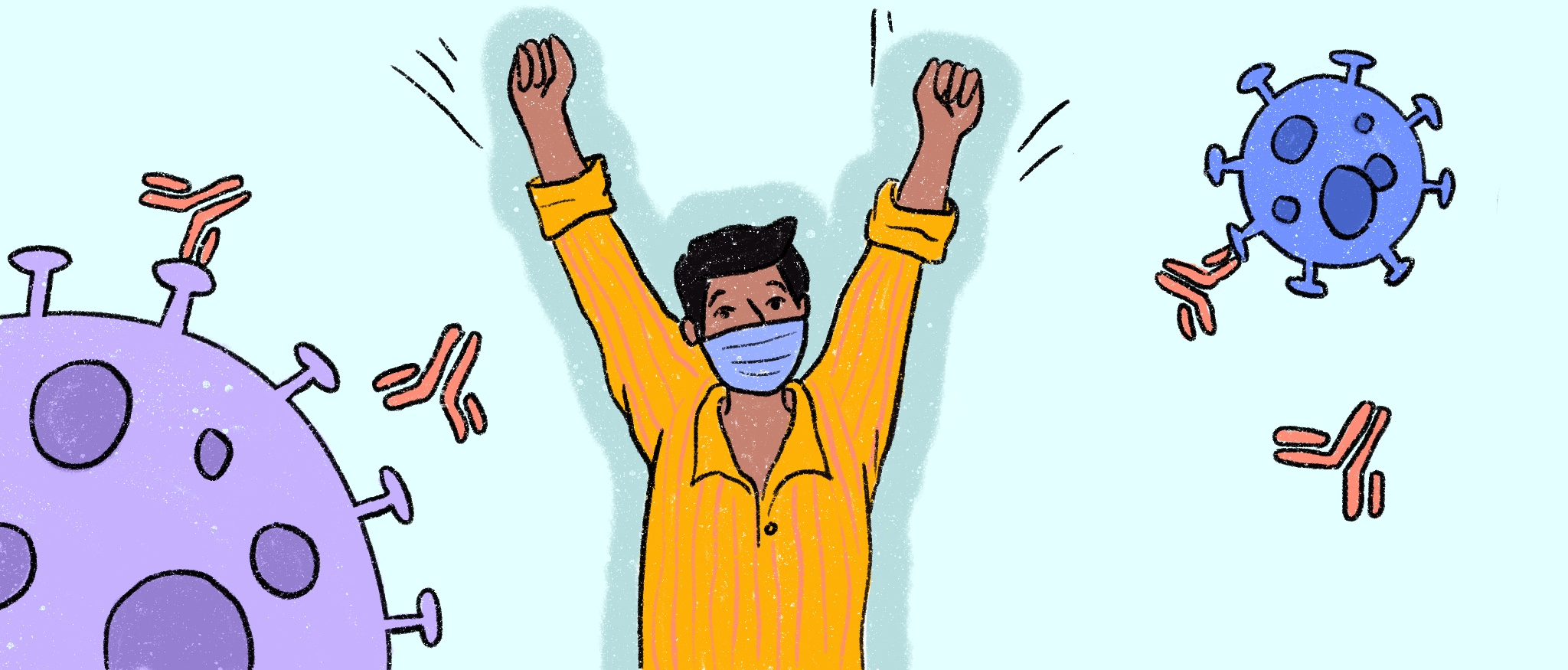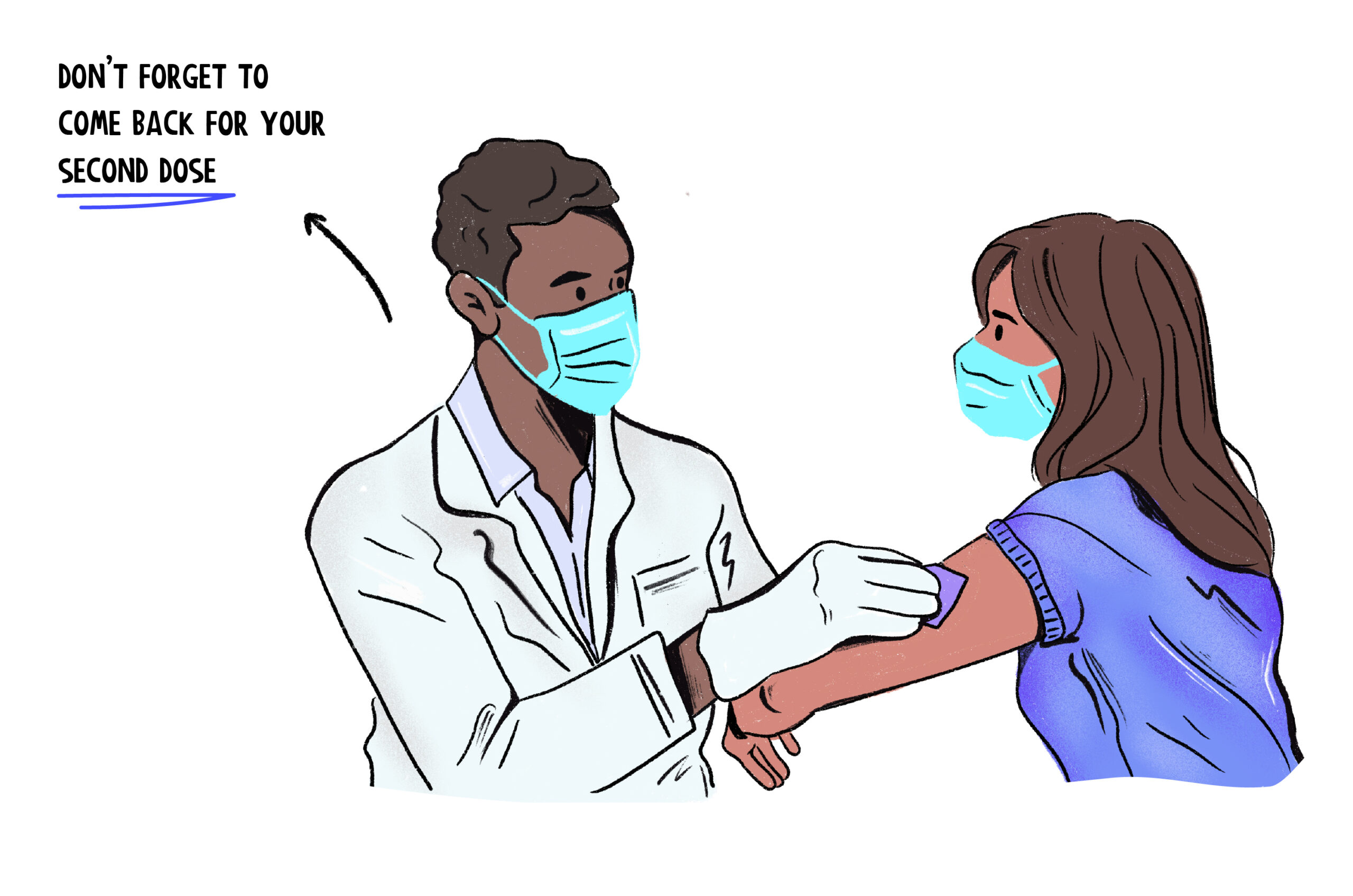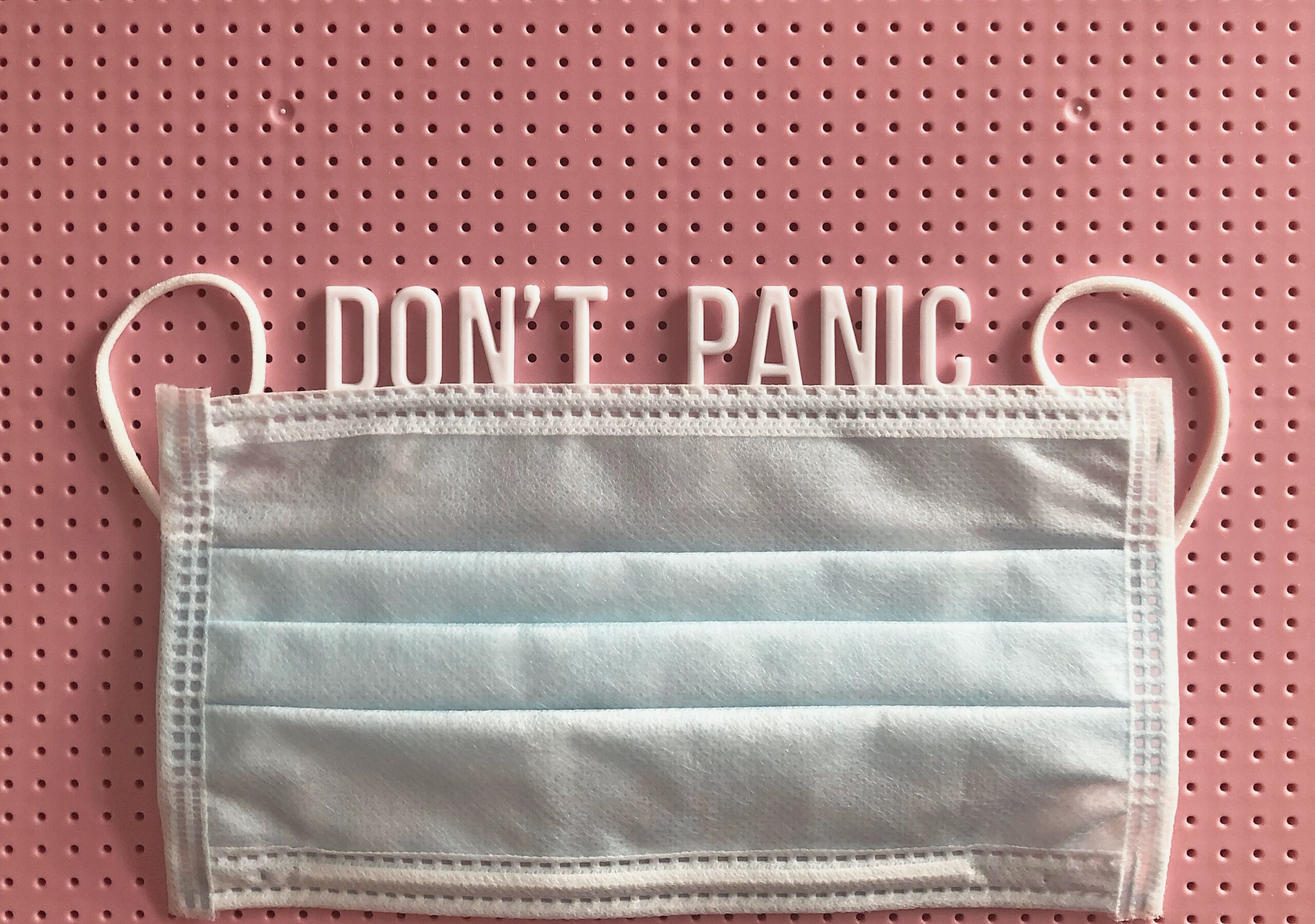Soon after the pandemic began, people began reporting strange, elaborate dreams that they had been having. What started as a one-off experience became a massive echo chamber of sorts on Twitter. This was particularly interesting to dream psychologists who now have evidence to believe that COVID-19 has changed the way we dream.
From swarms of bees covering your body to crows pecking at your window as if to tell you something, COVID dreams have been oddly specific. Not only are they vivid in how they play out when you sleep, but Harvard researcher Dr. Deirdre Barrett believes you also remember them better than you did before. For many people, pandemic dreams have been increasingly negative. The themes range from feeling stuck, fearing illness and anxiety over the well-being of loved ones.
But how did pandemic dreaming become a collective experience? And more importantly, what causes it? Let’s find out!
The pandemic changed how we sleep
When the lockdown began, people reported two types of sleep patterns. They either slept more or did not get enough sleep, depending on their individual emotional and mental state.
People who slept longer had longer periods of REM sleep or deep sleep too. REM sleep is where most of the dreaming happens but REM sleep is also one that restores memory function among others. This means that people had enough time to not only dream more vividly but to wake up and remember them better too. Barrett says the same is a bit complex for those who didn’t sleep too well.
“If one is simply sleeping a shorter time, then there’s less dreaming. However, if less sleep is because of frequent awakenings — whether due to noise, anxiety, etc. — one is likely to awaken out of more REM periods, which results in more dream recall though not more actual dreaming.”
Dr. Deirdre Barrett
Dreams could be our way to process the pandemic
A 2020 study said that 50% of people experienced clinical sleep disorders as compared to 36% before the pandemic. Many of them felt that stress and uncertainty woke them up. While we acknowledge the physical impact of the pandemic, emotions of fear, anxiety or trauma often remain unheard of. Just like nightmares can happen in response to PTSD, vivid pandemic dreams could be our individual response to the pandemic. After 9/11, people in the USA experienced strange dreams that played out as elaborate movie scenes. They saw these dreams recurringly till they worked the end out on a happier note.

Much of this is due to the fact that we didn’t really get time to process the pandemic while living through it. In her book, Pandemic Dreaming, Barrett explains that people dream what they’ve been thinking about throughout the day.
Dreams become an escape that mirrors feelings of fear, anxiety, stress or burnout that we feel throughout the day.
Some people are more likely to have worse COVID dreams
Since dreams are just an extension of how people feel throughout the day, everyone experiences them differently. Research shows women had a better recall rate of their dreams and that their dreams were more negative than that of men. Another study mentions that people who either had COVID or lost someone were more likely to experience and recall pandemic dreams.
But not all COVID dreams are bad
Sleep researchers found a direct correlation between stress and nightmares. So if people were more stressed, it was likely they would experience more horrifying dreams. But not everyone’s pandemic dreaming was stress-related. A lot of pandemic dreaming was also creative. For example, survey respondents reported recurring dreams of trying to find a cure to the virus.
“I was looking for a kind of cream that would either prevent or cure Covid-19. I got my hands on the last bottle.”
Survey Respondent, Scientific American Magazine
Sleep researchers believe this could be because of better REM sleep. Barrett has also mentioned that REM sleep can improve problem-solving abilities. It has also been one of the leading motivations for the creation of characters like Stuart Little and Frankenstein.
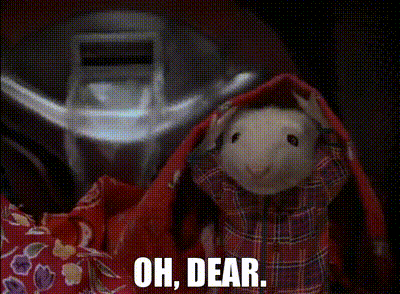
So what can you do to prevent weird COVID dreams?
While there’s not much you can do to control what you dream of and how well you can recall it, the following may help:
- Lower your stress: You can do this by meditation, yoga or just deep breathing on a regular basis.
- Journal your dreams: For recurring dreams, you can journal what you feel to make sense of it better.
- Ditch the news: If the news is causing you stress, limit your exposure to it.
- Think positive things: Since dreams mirror what you think about during the day, imagine happier things before sleeping.
If nothing works, know that you’re not alone. Pandemic dreaming is a shared experience and we will get through it one day at a time. And when things get too much, you can always count on us for help. Did you know your Even plan also gives you access to psychiatric care? If you ever feel overwhelmed and feel like you need to talk to someone, we can put you in touch with a professional who can guide you to feel better. Our doctors are sensitive to your needs, just as our plans are sensitive to your well-being.
To allow for more comprehensive and reliable COVID support, we have set up a 24×7 helpline for our members. You can ping us whenever and we’ll be there.


